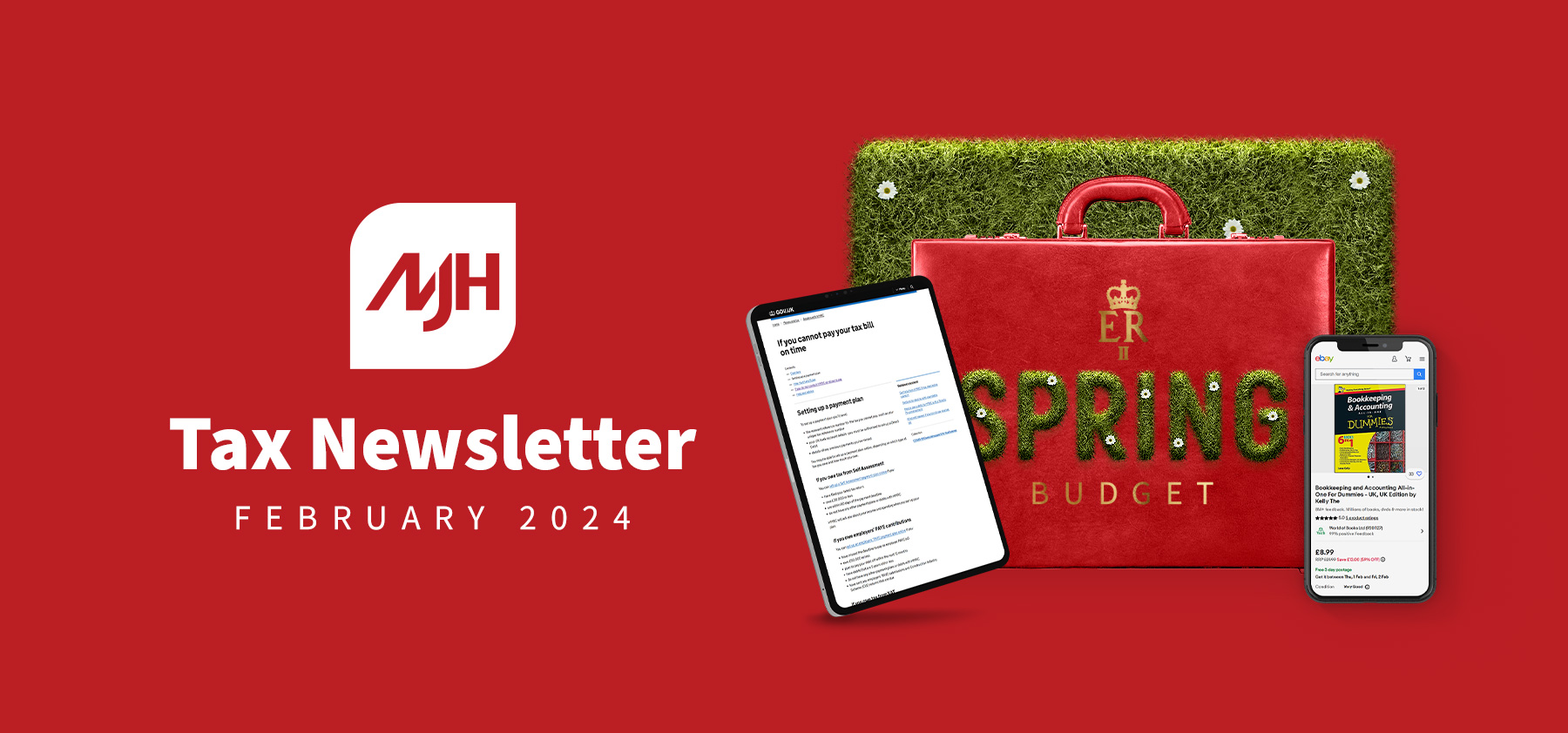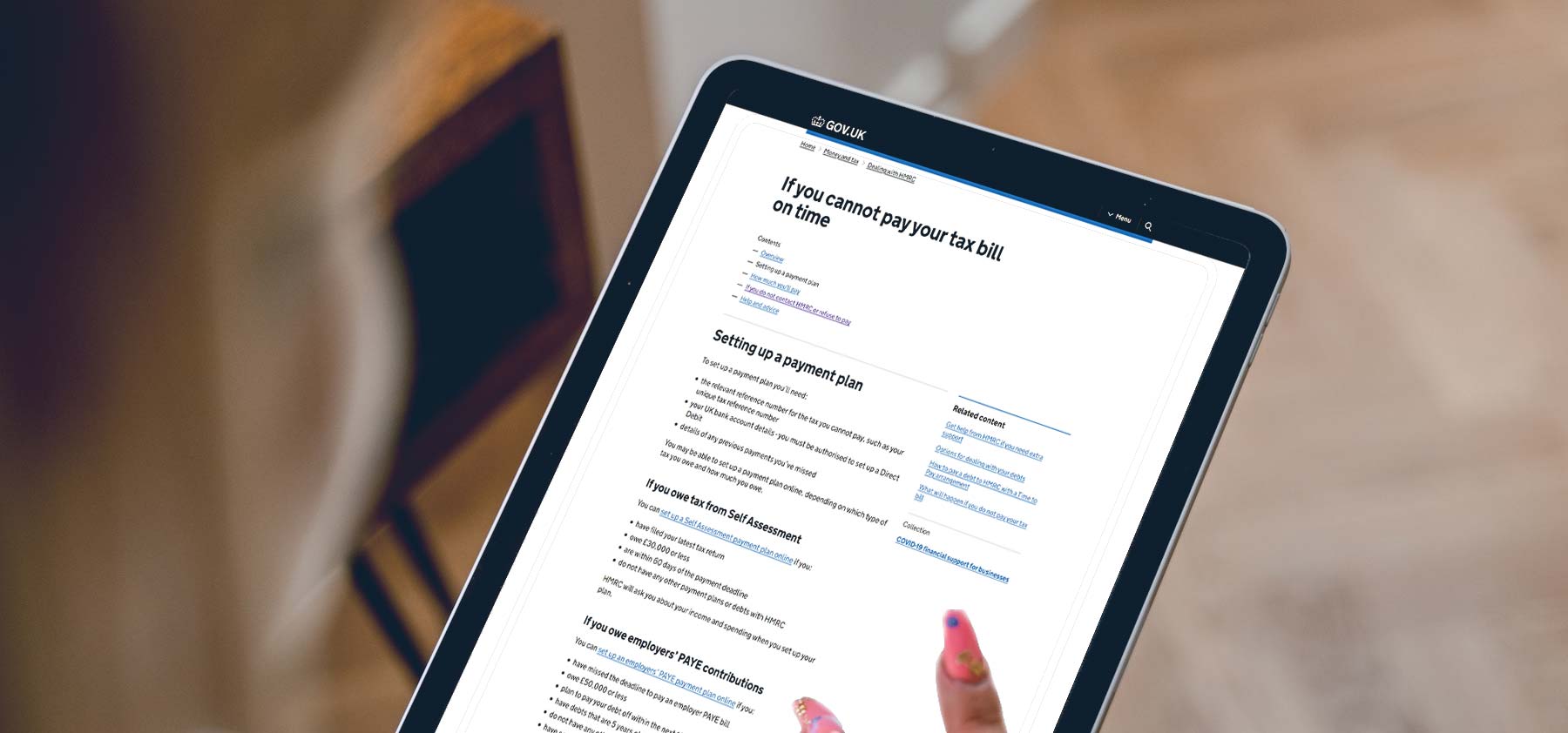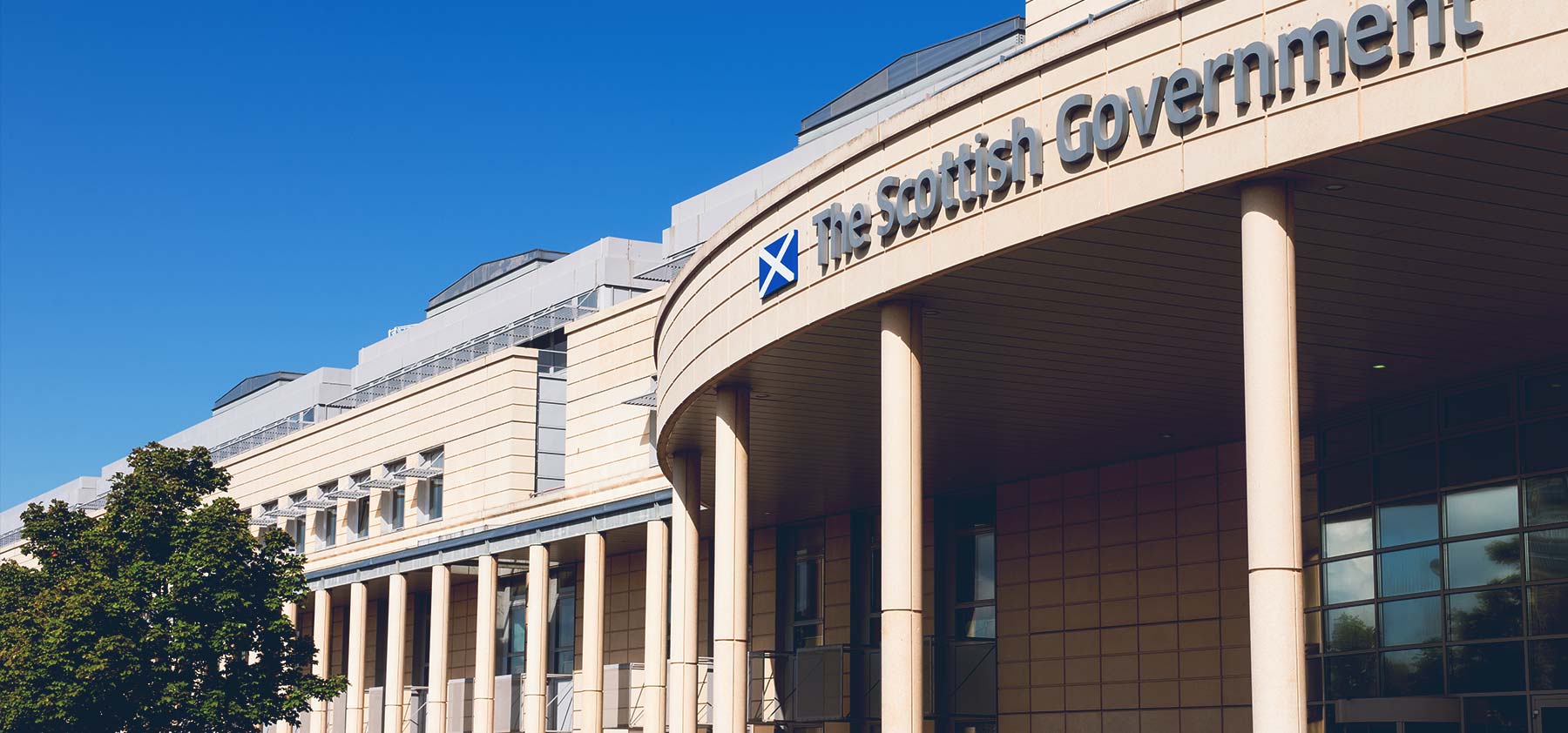
New Year, New Budget

It might seem like only a few weeks ago that we had the Autumn Statement, but already we’ve had news in the early days of 2024 that the next Budget is on its way. And with that, a swirling mass of rumours about tax changes – particularly cuts, ahead of a General Election, which must be called by the end of this year. Earlier this month, the Government announced the Budget will be delivered by The Chancellor Jeremy Hunt on 6 March 2024. That’s quite a lot earlier than usual. Normally, we have a Spring Budget in the second or third week of May. Mr Hunt has commissioned the Office for Budget Responsibility to prepare an economic and fiscal forecast to be presented to Parliament alongside his Spring Budget.
Since news of the new Budget arrived, we’ve had plenty of speculation around what changes Mr Hunt may make. One of the main areas we’ve seen mentioned multiple times now is Inheritance Tax. It was talked about a lot before the Autumn Statement, though nothing came of it. It’s one of those issues that seems to pop up before every major announcement by a Conservative Chancellor – with the proposal of a cut being popular among many of the party’s grassroot supporters.
However, the more likely one to keep an eye on – particularly as a sweetener for voters being in Ministers’ minds – is cuts to income tax. Is there room in the Budget for a reduction of some kind?
One of the many reports about this – from the Times – talks of ‘a significant package of tax cuts’ being considered, with a focus on Income Tax and National Insurance. We’ll have to wait and see what happens but no doubt the rumour mill will continue to gather pace in the coming weeks.
Online sellers watch out for ‘side hustle tax’

You may have seen one of the early 2024 tax stories popping up in many of the national newspapers relates to a so-called ‘side hustle tax’. Is it really a tax? No. Yet we’re seeing it reported as a ‘New Year tax clampdown’ and similar such descriptions. Unfortunately, it has led to concern, particularly on social media where some people have perhaps misunderstood or misinterpreted what’s happening.
At the centre of this is new data-sharing rules coming into force this month that will affect holiday homeowners, delivery drivers, and people who sell second hand items on websites like eBay. Big name online businesses such as Vinted, Airbnb, and Depop are now obliged to collect and share details of transactions with the tax authorities, as of 1 January.
Previously, HMRC had the ability to request the information from UK-based digital platforms. But the UK has signed up to new global rules, which are aimed at cutting down attempts to avoid paying tax.
So, online operators will have to, as routine, report sellers’ income that is coming via their websites. That might be handmade items, services or second-hand goods – clothes or toys, for example. It could also include short-term lets for holidays (think Air BnB rentals). If you make tips/gratuities or incentives through online platforms you also could be impacted by the new rules.
There is a threshold. So, anyone earning less than £1,000 need not worry. But if you reach that figure, you’ll have to register as self-employed and file a Self-Assessment Tax Return at the end of the financial year. A useful place to get further clarity and for more information is HMRC’s online fact sheet. Find that here.
£148m in tax bills to be paid in installments

As the Self-Assessment Income Tax deadline looms (31 January), HMRC has revealed that many people have opted into a scheme to pay their tax bills in installments.
Nearly 44,800 people have sorted their tax bills totalling almost £148 million, by setting up a monthly payment plan called Time to Pay. HMRC also revealed 28,794 people used its app this time around to pay more than £42 million in tax owed.
More than 7.7 million people who file Self-AssessmentTax Returns have already filed theirs for the 2022 to 2023 tax year. We hope you’re among those who have completed the filing for this year, but if not please get in touch with us as soon as possible to avoid missing the deadline and potentially facing penalties.
The monthly plan to pay in installments is open to those who owe less than £30,000 and who apply within 60 days of the payment deadline. However, anyone with other payment plans or debts with HMRC is unlikely to be eligible.
There is an affordability checker on the HMRC web pages to guide you further. Interest will be applied to any outstanding balances from 1 February.
Scotland creates new higher income tax band

Scottish taxpayers earning more than £75,000 are set to pay a new higher rate of 45% from 2024-25. The Scottish Government has announced the change following its Budget. The change means Scotland now has six different income tax rates. The rest of the UK has three.
The ‘advanced’ band, as it has been called, will apply to those earning between £75,000 to £125,140. The starter, basic and intermediate threshold is set to rise with inflation, but the higher rate (43%) would still kick in at the same rate – £43,662.
Taxpayers in Scotland already faced the highest tax band in the UK at 47% for people earning more than £125,000.
The Scottish Government also announced that band will also rise by 1% to 48%. Anybody in Scotland who earns over £28,850 will, according to analysts, pay higher taxes than their counterparts elsewhere in Britain.
February Questions and Answers

Q: I’ve just been told I’m being made redundant by my employer, but they have agreed to a significant settlement agreement. My employment will continue for three months and after that they’ve agreed to pay one month of salary (still on the payroll in that time) and then the equivalent of four months of my salary (tax free), which equates to £32,450. How much in the way of tax will I be hit with?
A: There are a few things to think about here when working out any tax liability in the circumstances of a redundancy payment. Firstly, you’ll remain on payroll and work for three months, from what you’ve said. So, you will carry on paying tax and National Insurance in the usual way on those three months of salary payments. Nothing changes there. That’s also the case for the one month of salary at the end of your termination that you mentioned. You’ll also pay tax and National Insurance on any holiday pay and bonuses.
You haven’t mentioned entering into a restrictive covenant (meaning you can’t work for a competitor or have contact with customers for a period of time after you leave). However, if that did apply in your case, tax and NI would also apply to payments you receive for agreeing to enter a restrictive covenant. If you get any payments in lieu of working your notice period, those will also be subject to tax and NI.
Moving on to the ‘severance’ payment or lump sum (£32,450) that you say your employer has agreed to pay. The good news is that most of this covered by a tax-free amount of £30,000. That figure includes statutory redundancy, additional severance or enhanced redundancy (the bit which is most applicable to you) and other non-cash benefits (for example, a company car) you keep after leaving. So, in your case, only £2,450 will be applicable for taxation.
Q: A business colleague has recently recommended I look into how I set off my trade loss against my general income. This is not something I was aware of previously. I’ve been trading for six years. I made a loss of £20,000 in the year ending 30/9/22 (my accounts are made up to end of September each year). My total income for 2022-23 was £30k but just £10k in the previous year.
A: You will have options to look at under the Income Tax Act 2007 (ITA 2007). The alternatives, under 64 of the act, allow for the loss of £20k to be relieved. Alternatively, you could choose to set £10k against 2021-22 and £10k against 2022-23.
You could choose to set all your losses of £20k against your whole income for 2022-23. To decide on the best option, let’s compare the general income in the year of the loss and preceding year.
Your £10k income for 2021-22 is already covered by the £12,570 tax-free personal allowance. But the general income you had of £30k for the next year is above that same allowance.
So, on that basis you are unlikely to benefit by carrying the £20k loss back to 21-22 – as your income fell below the personal allowance and you had no tax liability for that year. But you could benefit by using the loss against your income for 2022-23 – i.e. against the £30k. You would inevitably lose some of your personal allowance but would have any tax deducted that year either refunded or set off.
We should clarify here also that when we talk about ‘general income’, that means the whole income for all sources of income chargeable to income tax for the tax year. And it’s also important to state there must be no partial claims – any claim must be for the full amount of the loss made.
Q: I’m a resident in England but I’m buying a house in Scotland and will be splitting my time between the two – both in terms of work (where we have a new office opening in Glasgow) and for family time. What are the tax implications, and will I become classified as a Scottish taxpayer?
A: For both Wales and Scotland, there are devolved powers regarding income tax, and this can be a tricky area. In your case, it’s not clear exactly how you will divide your time and it sounds like you are not totally sure yourself yet – and things may change during the following tax year, too. However, there are a number of tests to apply here that will help you to understand if you will be counted as a Scottish taxpayer.
HMRC points out that a key test to apply is whether you have a ‘close connection’ to Scotland. That would mean either you have a single place of residence – and that is located in Scotland.
If, as in your case, someone has more than one place of residence, the ‘main place’ would be in Scotland “for at least as much of the tax year as it has been in each other part of the UK.”
If the tests above can’t determine the answer, then something called ‘day counting’ applies. It seems that you won’t yet know how many days you’re going to be in Scotland compared to those in England. However, to illustrate this as clearly as we can, let’s look at an example used by ICAS, a global professional membership organisation and business network for Chartered Accountants. They point out that if Mr Smith spends 120 days in Scotland, and 90 days travelling in England, 55 days in Northern Ireland and 100 days travelling in Wales, he is still a Scottish taxpayer, even though he has spent more time outside of Scotland than in it.
The important thing for you to note is that you may need to keep a close, accurate record of where you spend your time day-to-day.
The last thing to mention is that if you are classified as a Scottish taxpayer, that status applies for a whole tax year; you can’t be a Scottish taxpayer for part of a tax year.
February Key Dates

1st
– Due date for Corporation Tax for companies with an April year-end
19th
– For employers operating PAYE, this is the deadline to send an Employer Payment Summary (EPS) to claim any reduction on what you’ll owe HMRC
22nd
– Deadline for employers operating PAYE to pay HMRC. For those paying by post, the deadline is 19 February.
29th
– Corporation Tax Returns are due for companies with February year ends
 Book a No-obligation Discovery Call
Book a No-obligation Discovery Call




 Book a Free Discovery Call
Book a Free Discovery Call

